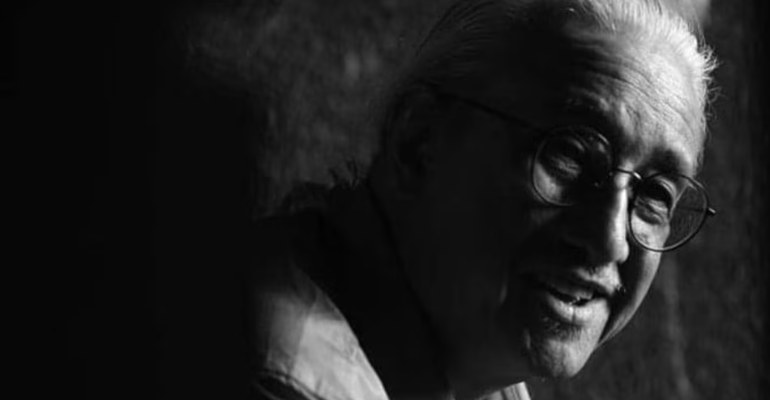An announcement on the evening of November 6 was made about the passing of veteran columnist Conrado de Quiros. His brother, Paul de Quiros, shared in a Facebook post, “With profound sadness, we announce the passing of our brother, Conrado S. de Quiros. He will be greatly missed by our loving family and friends… Conrad will remain in our hearts forever. Rock on in heaven, Choy.”
De Quiros is known for his long-term column, “There’s the Rub,” for national news publication, the Philippine Daily Inquirer. He originally started the column in November of 1986 in the Philippine Daily Globe before bringing the column to the Philippine Daily Inquirer in 1991.
International human rights lawyer Ruben Carranza shared, “Conrad was the influencer who deepened the thinking of everyone who read him, long before most influencers emergency and made influencing shallow.” Another human rights advocate, Robert Francis Garcia, shared sentiments about Conrado’s passing, stating, “A generation of us grew up on Conrado de Quiros.”
Garcia added to his sentiments about de Quiros’ passing, stating, “A fresh political issue comes up, we grab a hard copy of the Inquirer to get his views. And be guided accordingly. I did not agree with him 100% of the time, perhaps only 90 give or take. But his eloquence had often been persuasive enough.”
Conrando S. de Quiros is known for his written works like “Flowers from the Rubble: Essays on Life, Death, and Remembering” in 1990, “Dead Aim: How Marcos Ambushed Philippine Democracy” in 1997, and much more.
The prominent Filipino author and columnist also shared his knowledge in the field. He taught a class on opinion writing in the University of the Philippines College of Mass Communication in the mid-1990s. At this time, de Quiros had been known as a logical, levelheaded opinion columnist. Demand for his class was extremely high when he taught at the university.
Conrado de Quiros’ former student, who is now a writer for Esquire, John Paul Caña, shared in his article about his mentor’s death, saying, “More than anything, it was his open and giving spirit that I appreciated about de Quiros. I don’t remember much about how we were graded or what the final exam was (probably an opinion piece or two), but I do remember him giving us space to develop more critical thinking. He would start questions with phrases like, “What do you think about…” or “That’s true, but what about approach it from this angle…” or “Put yourself in the other person’s shoes…” de Quiros forced us to re-examine internal prejudices and previously held beliefs to try and expand what we thought we knew about the world around us.”
Also Read: Migrant Worker Secretary Susan “Toots” Ople Dies at Age 61

Leave a Reply